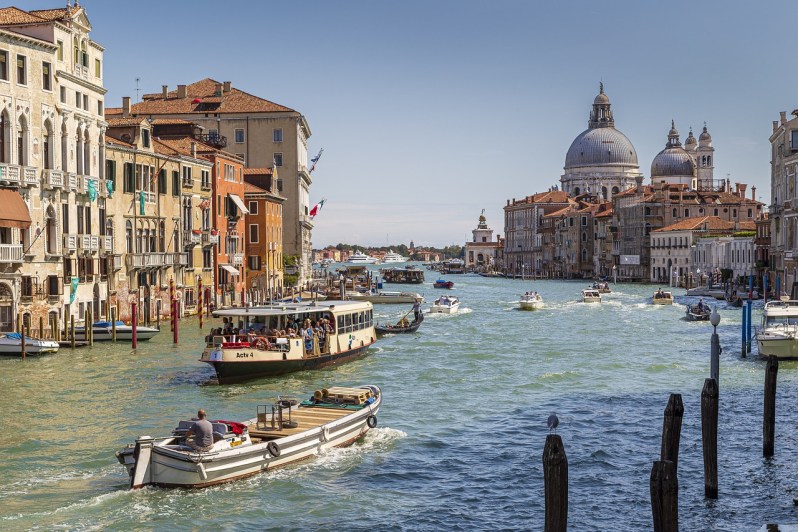In recent years, Venice has implemented various strategies to combat overtourism, including plans to require reservations and fees for day-trippers as well as the prohibition of large cruise ships. The city, which is known for its canals, is also contending with the impact of climate change, as it has experienced a sinking of over 5.9 inches in the past century. In 2019, Venice’s mayor, Luigi Brugnaro, attributed a significant flood that affected over 85% of the city to climate change.
In addition to these environmental issues, Venice has experienced overcrowding due to a large number of tourists visiting the area. Residents living in Venice have felt as though there is not a fair balance between the needs of visitors and those who call the city home.
Due to the major issues that Venice has been experiencing, the city has decided to impose more regulations that will further restrict tourist activity in the area. These regulations come after the United Nations, Educational, Scientific, and Cultural Organization (UNESCO), recommended that Venice be added to its heritage danger list.

Venice’s new regulations
The first regulation announced by the city is that walking tour groups will be limited to 25 people. This is approximately half of the capacity of a standard tour bus. These groups are also prohibited from stopping on narrow streets, bridges, or in passageways. Venice museums already limit groups to 25 people, so the new regulation seems to be an extension of this rule.
The second regulation is the banning of the use of loudspeakers due to the disturbance and confusion they may cause.
Venice security counselor Elisabette Pesce described the new regulations as an “important measure aimed at improving the management of groups organized in the historic center and on the nearby islands of Murano, Burano, and Torcello, promoting sustainable tourism and guaranteeing the protection and safety of the city.”
These new regulations have arrived shortly after a recent announcement that visitors who want to enter Venice on a day trip will need to pay. On certain days between April and July of 2024, there will be a 5 euro ($5.45) fee to enter the city. These fees are due for anyone over the age of 14 who is entering the city without an overnight reservation from 8:30 AM to 4 PM.
There are a few exemptions to this new rule, including residents of Venice, people who own property in the city, and students and commuters working in the city.
One of the best travel tips we can offer if you are planning to visit Venice on a day trip is to plan ahead of time. Starting on January 16th, visitors will be able to pay online or register for an exemption to streamline the process.

When do these new regulations go into effect?
These new regulations are set to go into effect on June 1, 2024, and will affect not only the city of Venice, but also the islands of Murano, Burano, and Torcello.
Before the regulations are implemented, the resolution will need to go before the City Council.




